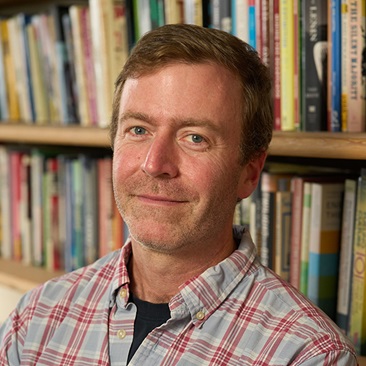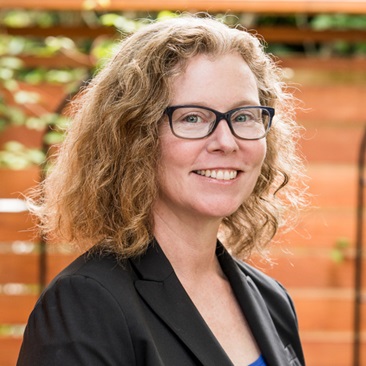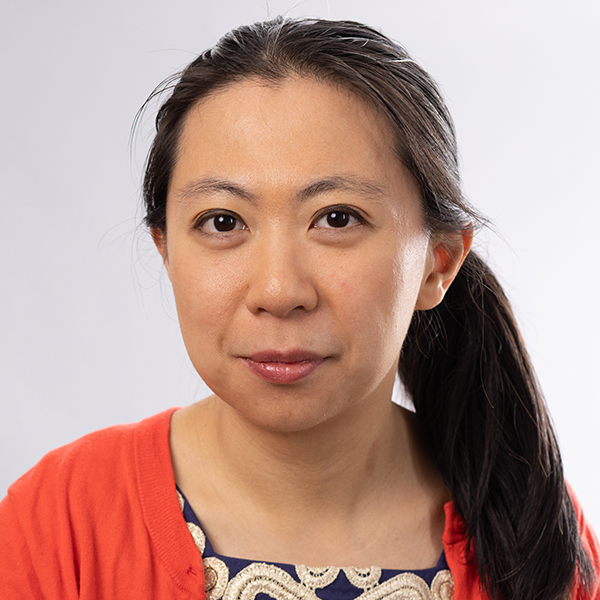full-time faculty teaching and conducting research in political science
of Maxwell faculty conduct research focused outside of the U.S.
graduate students in residence; fewer than 12 admitted each year
Undergraduate Studies
Graduate Studies

I am Maxwell.
Civic engagement is a core value for me. I have always aspired to help the communities I’m from.” Mazaher Kaila, a Maxwell alumna and third-year student at Syracuse University's College of Law, moved with her family from Sudan to Central New York when she was four years old. “I realized that to make meaningful change in society, I needed to understand the systems that power it—government and politics—and that’s insight I would gain by studying political science.”
Mazaher Kaila ’19, L’22
political science, law
Weschle Discusses the Parliamentary Behaviors of Politicians with Second Jobs on The Bunker Podcast
August 1, 2023
The Bunker
MPs (members of Parliament) have collectively earned millions of pounds from side hustles in the last few years. From the ‘cash for access’ scandal to the resignation of Owen Paterson, the public is fascinated by extra work carried out by politicians. But how much does this impact their day jobs?
"A common criticism of these second jobs is that if these politicians, if they spend all of this time working in the private sector, they have less time to do their job as an MP representing their constituents in the House of Commons," says Simon Weschle, associate professor of political science.
"One way to test how much effort MPs put into their job is looking at vote attendance, how many votes did they attend, how many do they miss," he says.
"Typically, you would expect a decrease in voter attendance because they’re working in the private sector. What you find among Labor MPs in no difference whatsoever. Among Conservative MPs you actually find that attendance increases when they have a second job. So they are more likely to attend votes," says Weschle.
Listen to the full interview on The Bunker podcast, "Odd jobs: How MPs’ side hustles twist our Democracy."
Related News
Commentary

Jul 31, 2024
Commentary

Jul 29, 2024
Commentary

Jul 18, 2024
Economic Policy , Federal , Income , Labor , Taxation , Trade , U.S. Immigration , United States
Commentary

Jul 12, 2024
BaoBao Zhang Joins First Cohort of AI2050 Early Career Fellows
One of only 15 scholars chosen from across the U.S., Zhang will receive up to $200,000 in research funding over the next two years. Zhang will use the funding to partner with the nonprofit, non-partisan Center for New Democratic Processes to test whether public participation in AI governance is increased through the creation of public assemblies, known as “deliberative democracy workshops.”
Baobao Zhang
Assistant Professor, Political Science Department

Weschle Discusses the Parliamentary Behaviors of Politicians with Second Jobs on The Bunker Podcast
August 1, 2023
The Bunker
MPs (members of Parliament) have collectively earned millions of pounds from side hustles in the last few years. From the ‘cash for access’ scandal to the resignation of Owen Paterson, the public is fascinated by extra work carried out by politicians. But how much does this impact their day jobs?
"A common criticism of these second jobs is that if these politicians, if they spend all of this time working in the private sector, they have less time to do their job as an MP representing their constituents in the House of Commons," says Simon Weschle, associate professor of political science.
"One way to test how much effort MPs put into their job is looking at vote attendance, how many votes did they attend, how many do they miss," he says.
"Typically, you would expect a decrease in voter attendance because they’re working in the private sector. What you find among Labor MPs in no difference whatsoever. Among Conservative MPs you actually find that attendance increases when they have a second job. So they are more likely to attend votes," says Weschle.
Listen to the full interview on The Bunker podcast, "Odd jobs: How MPs’ side hustles twist our Democracy."
Related News
Commentary

Jul 31, 2024
Commentary

Jul 29, 2024
Commentary

Jul 18, 2024
Economic Policy , Federal , Income , Labor , Taxation , Trade , U.S. Immigration , United States
Commentary

Jul 12, 2024
